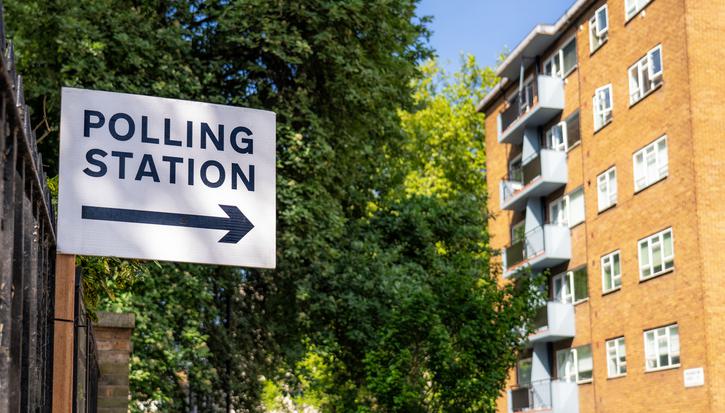Affordable homes? We need a new definition
Article
In September the government announced a green paper which will review all aspects of social housing — and not before time. It shouldn’t have taken the horrendous tragedy of Grenfell for the government to recognise the problems that the sector faces nor the value it holds for tenants and wider society.
Sajid Javid, the communities secretary, who made the announcement said that social housing needs to be treasured once more, but this is not an approach that many would recognise in government housing policy. Since 2010 it has appeared at times to be driven by David Cameron and George Osborne’s fears that it would create Labour votes.
So a change in approach is welcome, as is the suggestion that the review will be looking at quality, safety, housing numbers and tenant rights among other things. But the green paper must not be used as a basis for inaction.
A new report from the Institute for Public Policy Research demonstrates the scale of the affordable housing challenge in London. Our research shows that housing delivery in the capital is falling short of what is needed but the provision of affordable housing even more so. Our research finds that the delivery of affordable housing has been 50 per cent under target over a three-year period (from 2013-14 to 2015-16). Moreover, the government’s new housing needs assessment suggest that housing demand is actually higher than current targets suggest making the affordable housing gap even greater.
Furthermore, despite a range of affordable housing products on offer in the capital, the level of intermediate housing to rent and buy to support those on low to middle incomes is extremely modest. More worryingly, our analysis reveals that many sub-market “affordable” home ownership products on offer in the capital are in fact unaffordable (using a 35 per cent net income cap) and some fail to meet the aim of many households to achieve full home ownership.
With the housing crisis climbing up the income scale to increasingly affect those on low to middle incomes, this has become a major challenge for those living in the capital. The government’s starter homes programme performs particularly poorly on measures of affordability and would be inaccessible to all those except on the very highest incomes.
Despite the challenges, the new Mayor of London, Sadiq Khan, has made a promising start with the recently launched London Housing Strategy aimed squarely at delivering more affordable housing, and other commitments including a long-term strategic aim for 50 per cent of new homes to be affordable and the introduction of the new London Living Rent.
Our research suggests it is this focus on increasing the supply of genuinely affordable housing, and not just increasing overall supply (important though that is), which will make the biggest difference to Londoners in need of a home to rent or buy. But we also find that London’s mayor will need greater resources and powers in order to deliver the affordable homes our capital city needs.
However, it is essential that the government does not wait for the publication of the green paper to make progress. Instead, the government should use the autumn budget to boost the capital subsidy to the London mayor in order to increase affordable housing output. They should also set out plans to consult on the devolution of additional powers for the mayor to set and retain property taxes like stamp duty and the devolution of funding for London Help to Buy.
Secondly, the mayor should pursue the devolution and implementation of powers to enable them to buy land at a lower value through compulsory purchase and fund affordable housing at lower costs, as committed to in the Conservative Party manifesto.
Finally, it’s clear that for many the term “affordable” housing has lost all meaning. We recommend that a new measure of affordability should also be developed to ensure all affordable homes to rent and to buy are in reach of Londoners on low to middle incomes. This measure should be used to decide which schemes are subsidised with funding withdrawn from all that are unaffordable to those they are designed to assist.
If London is to remain one of the greatest cities in the world to live, we have to ensure that people on low to middle incomes can afford to rent and buy in the capital. Building more homes is a necessary part of that, but ensuring a majority of those homes are genuinely affordable is equally as important.
Luke Murphy is a Senior Research Fellow at IPPR in the Environment, Housing and Infrastructure team
Related items

Change you can board: Delivering better, greener buses
The bus services bill is an opportunity to ensure reform really means thriving, green 21st century local bus networks in England.
Harry Quilter-Pinner on BBC Radio 4 Today discussing political donations

Modernising elections: How to get voters back
Elections are the defining feature of modern democracy. They are the process by which we express a desired future en masse. It is the mass dimension that matters most; it is the mass dimension that is receding.